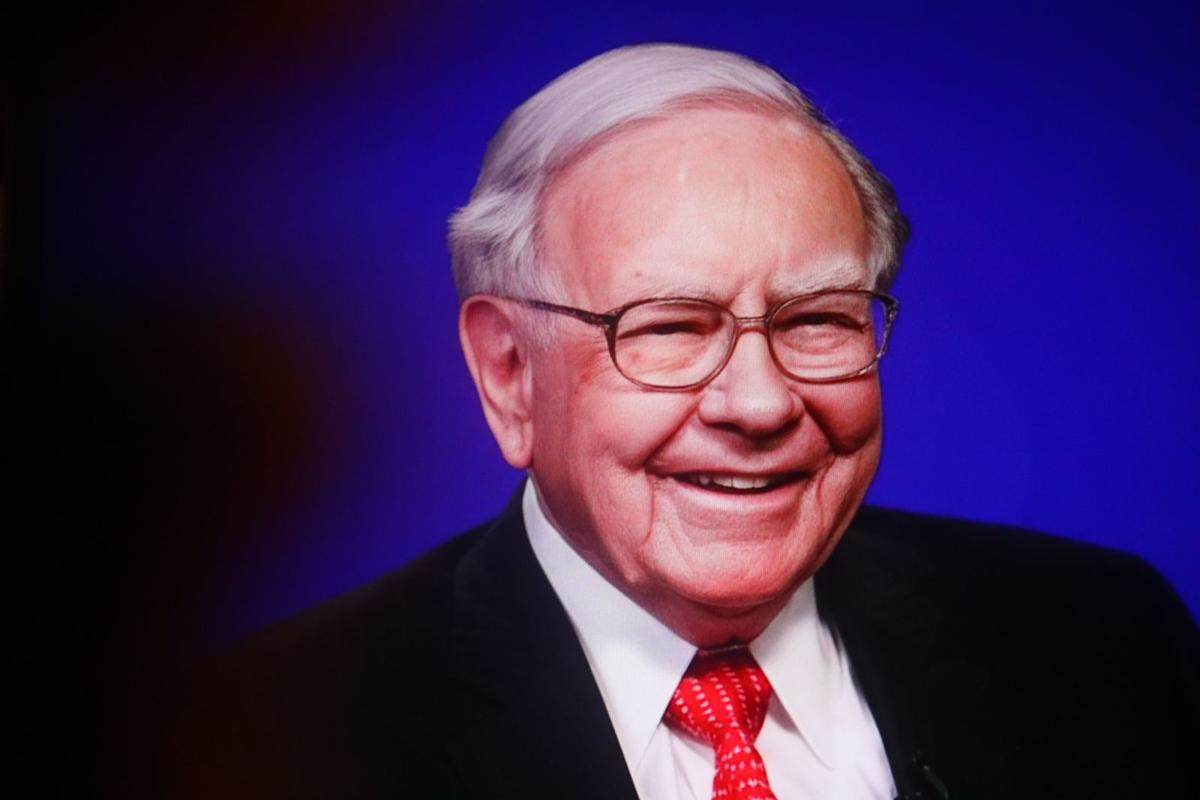In the world of investing, few voices carry as much weight as that of Warren Buffett. Known for his disciplined value investing and plainspoken wisdom, Buffett has shaped the mindset of generations of investors with his annual Berkshire Hathaway (BRK.B)(BRK.A) shareholder letters. Among his most enduring insights is the succinct observation: “Nothing fails like success.”
This phrase, first penned in Buffett’s 1982 letter, encapsulates a core principle of business and investing psychology: the paradox that success, if not approached with caution and humility, can become the root cause of eventual failure. At the time, Buffett was describing the structural weaknesses of industries with commodity-like products — such as textiles and insurance — where temporary prosperity often leads to overcapacity, price wars, and long-term decline. His point was not just theoretical. Berkshire Hathaway itself was once a struggling textile manufacturer, and a cautionary example of how short-term wins can mask deeper vulnerabilities.
Buffett’s 1982 warning was rooted in a simple, yet powerful observation: success tends to attract capital, competition, and overconfidence. In industries where differentiation is minimal and pricing power is limited, sustained profitability often leads to a flood of new entrants or expansion by incumbents, eroding margins and stability. Today, the quote serves as a reminder that enduring success requires discipline, restraint, and a deep understanding of economic fundamentals — traits that are often sidelined by the euphoria that accompanies growth.
Buffett’s authority on the subject stems from decades of capital allocation experience and a demonstrated track record of identifying both overvalued trends and undervalued opportunities. His investment philosophy, shaped by mentors like Benjamin Graham and honed through years of navigating boom and bust cycles, consistently prioritizes intrinsic value over short-term momentum. When Buffett warns of the hidden dangers of success, it comes not from cynicism, but from firsthand observation.
The principle remains relevant today, especially in modern markets characterized by rapid innovation, investor enthusiasm, and record-breaking valuations. Tech cycles, SPAC booms, and speculative bubbles often follow the same trajectory: early success leads to a rush of capital and participants, inflating valuations until fundamentals either catch up — or collapse. Companies may become complacent, prioritizing scale over sustainability, or mistaking luck for strategic brilliance. In such environments, Buffett’s words offer a grounded counterbalance.













